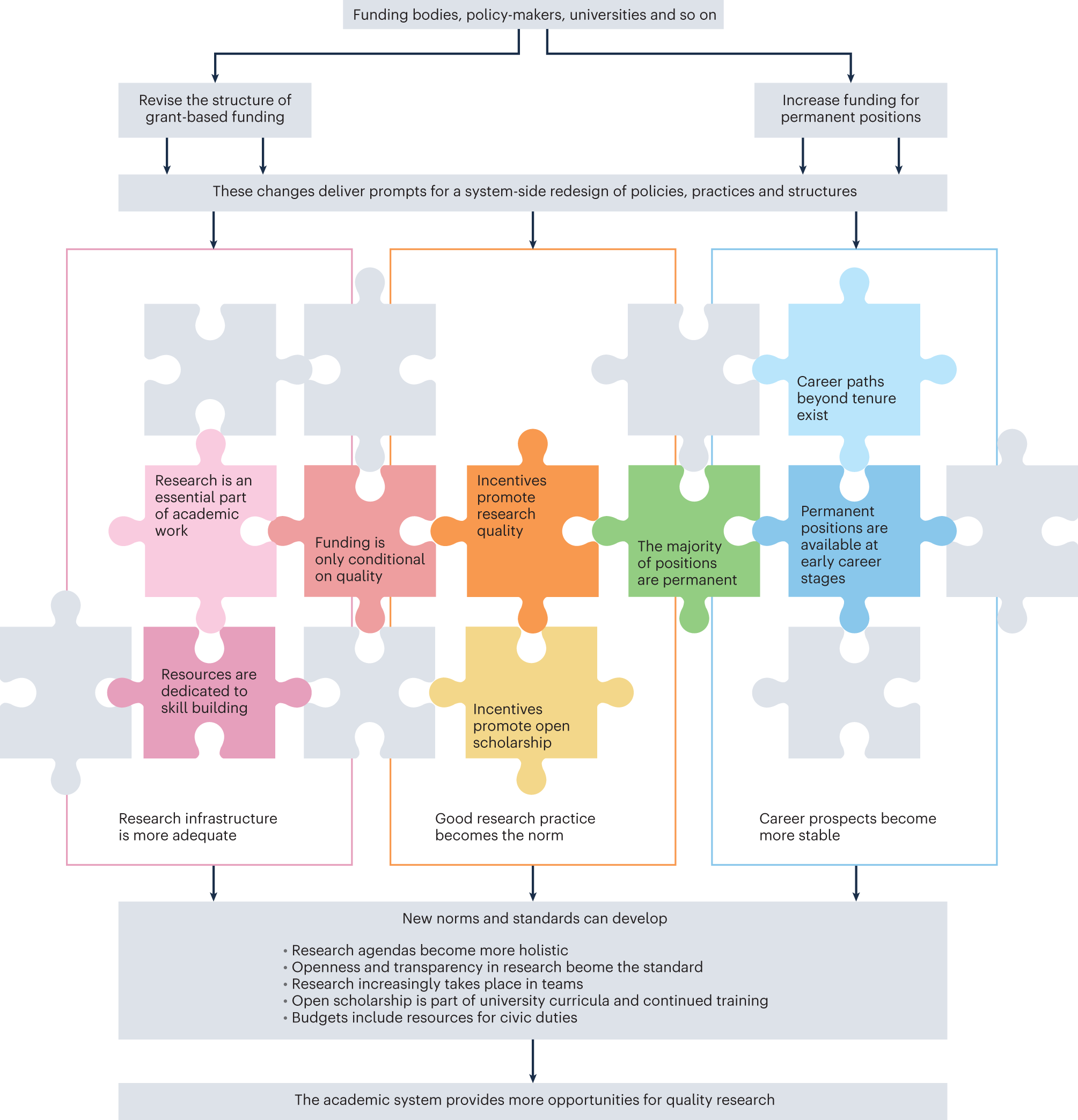Where to Discover High-grade Academic Resources for Your Study
Identifying top notch academic resources is necessary for rigorous research study, yet browsing the substantial landscape of available products can be discouraging. Additionally, on the internet scholastic data sources like JSTOR and PubMed accumulated scholarly short articles, while open accessibility journals give more inclusive access to study searchings for. Understanding how to take advantage of these sources properly can significantly affect your research study results.
College Libraries

Beyond physical collections, university libraries usually offer specific study assistance, including examinations with curators that possess subject competence (Docentra). This advice can significantly improve the effectiveness and performance of the study process, allowing users to browse intricate information landscapes with greater simplicity
Furthermore, lots of collections give accessibility to uncommon and historical products, which can be important for sophisticated research study jobs. Such special resources commonly consist of primary records, manuscripts, and historic collections that are not conveniently available elsewhere.
In addition, college collections often host workshops and workshops focused on boosting details proficiency abilities. These efforts equip students and faculty to seriously review resources, a critical ability in today's information-rich setting. Overall, college collections not just act as repositories of knowledge yet additionally function as dynamic hubs that cultivate scholastic growth and development.
Online Academic Databases
In the world of scholastic research, online scholastic databases play a pivotal duty in giving trainees and scholars with immediate accessibility to a riches of scholarly articles, journals, and various other important resources. These electronic repositories serve as central platforms where customers can effectively search for peer-reviewed literary works across numerous self-controls.
Prominent data sources such as JSTOR, PubMed, and Scopus host comprehensive collections that cover a multitude of topics, from the humanities to the scientific researches. Docentra. By employing innovative search performances, scientists can fine-tune their questions, filter results by magazine date, and accessibility citation tools, consequently enhancing the research study process's effectiveness and precision
Furthermore, several databases offer features like informs for new publications and the capacity to save and organize write-ups, even more simplifying the research experience. Memberships to these data sources are typically given through academic establishments, granting trainees and professors members unlimited access to costs content.
Open Gain Access To Journals
Progressively, scientists are transforming to open up accessibility journals as a corresponding resource to traditional academic databases. These journals offer an important platform for distributing research study searchings for without the monetary obstacles commonly linked with subscription-based magazines. Open up accessibility versions permit for cost-free on-line accessibility to academic posts, making sure that research study is easily accessible to a broader audience, including specialists, policymakers, and the public.
The quality of open accessibility journals has actually dramatically enhanced, with numerous adhering to rigorous peer-review procedures and being indexed in trustworthy data sources. This shift has cultivated better openness and collaboration in the academia, as researchers can share their work quicker and get comments from diverse perspectives.
In addition, the expansion of open access journals straightens with the worldwide movement in the direction of open scientific research, promoting the concept that publicly financed research study should be openly offered to all. Researchers looking for top quality scholastic resources should take into consideration trusted open access journals, such as those provided in the Directory of Open Accessibility Journals (DOAJ) or those published by identified academic cultures. By integrating open gain special info access to journals into their research study strategies, scholars can boost the presence and impact of their job.
ResearchGate and Academia.edu
ResearchGate and Academia.edu have become pivotal platforms for scholastic networking and knowledge sharing, with numerous researchers leveraging these sites to share their work and link with peers. Both systems allow individuals to develop profiles that showcase their publications, study rate of interests, and academic success, assisting in better visibility within the scholarly area.
ResearchGate, founded in 2008, concentrates on advertising cooperation among researchers with attributes such as research partnership devices, project sharing, and question-and-answer online forums. Customers can upload their papers, take part in conversations, and adhere to the job of others, enhancing the collective capacity of their research study. The system additionally provides metrics on paper visibility and downloads, enabling researchers to assess the influence of their job.
Academia.edu, released in 2008 too, operates similarly but emphasizes the sharing of academic papers. Users can follow particular research study subjects and get updates on new publications within their areas of rate of interest. Furthermore, Academia.edu uses analytics on visitor interaction, assisting researchers comprehend their audience better.
Both systems work as beneficial sources for accessing high-quality scholastic web content and cultivating links that can cause impactful partnerships.
Google Scholar and Beyond
Academic networking platforms like ResearchGate and Academia.edu play a significant role in disseminating study, yet Google Scholar uses a different dimension by working as a thorough internet search engine for academic literature. It indexes a vast array of resources, consisting of peer-reviewed short articles, theses, books, meeting procedures, and patents, making it an invaluable device for scientists throughout self-controls.
Google Scholar offers countless functions that enhance study performance. The citation tracking feature enables users to see official statement just how typically a paper has been pointed out, offering understandings into its impact within the scholastic community. In addition, the "associated articles" feature aids researchers uncover comparable researches, facilitating an extra extensive exploration of a topic.

Final Thought
Finally, accessing high-grade academic sources is vital for strenuous research study. College libraries offer considerable collections and skilled guidance, while on the internet scholastic databases such as JSTOR and PubMed systematize scholarly posts. Open gain access to journals get rid of financial obstacles, fostering larger circulation of useful site knowledge. Platforms like ResearchGate and Academia.edu boost collaboration among scientists. Google Scholar supplies extensive search abilities and citation monitoring. Utilizing these resources collectively can dramatically enhance the quality and deepness of scholastic study.